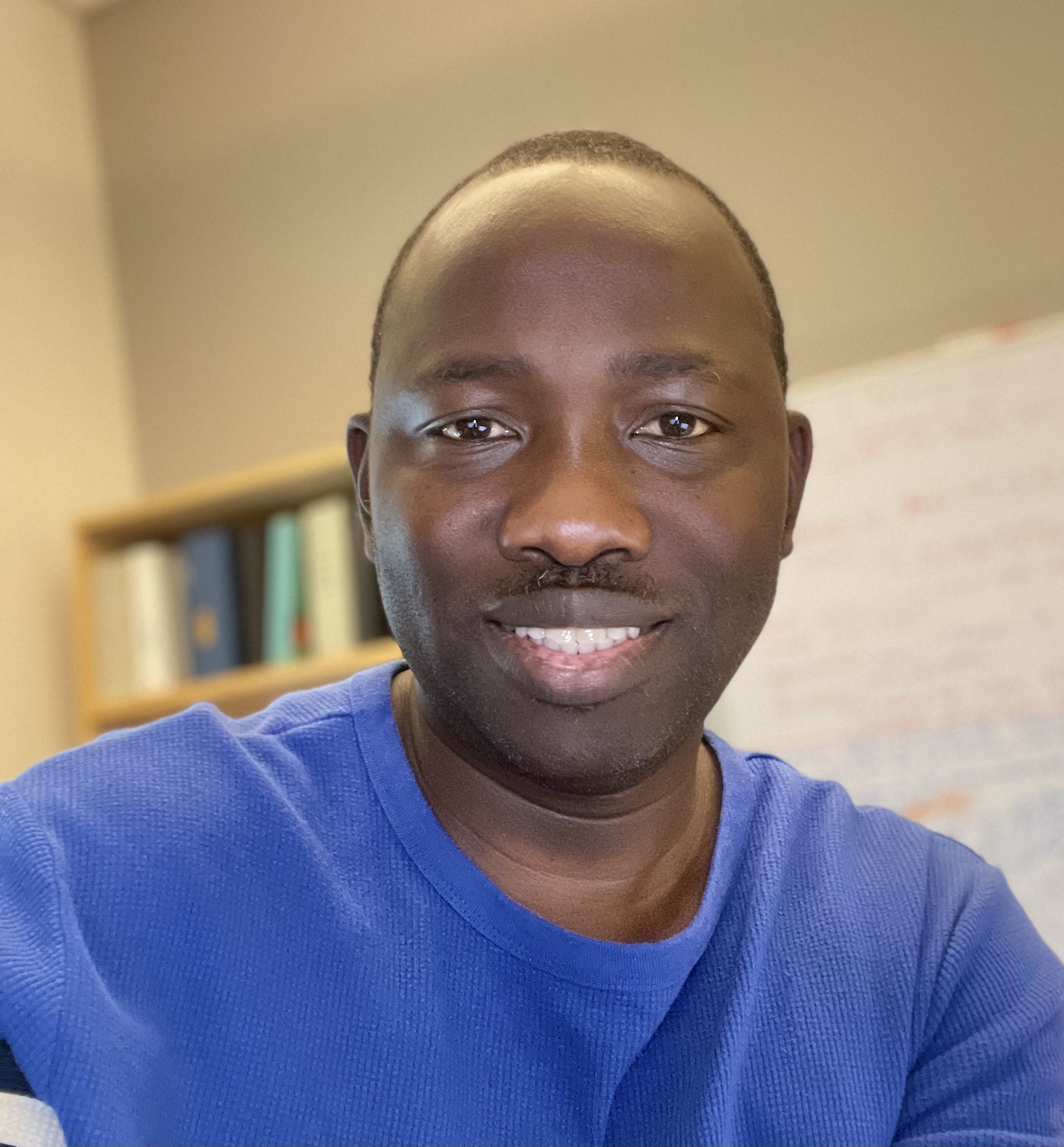
Faculty Spotlight: Dr. Kayode Ojo
Our July faculty spotlight is Allergy & Infectious Diseases research associate professor Kayode K. Ojo, PhD.
Dr. Ojo earned his M.Sc. and PhD from the University of Ibadan, Ibadan, Nigeria before coming to the University of Washington as a post-doctoral fellow in 2003. Since then, Ojo has completed fellowships in both Pathobiology and Allergy and Infectious Diseases. He was appointed as faculty in 2009.
Ojo is currently the Principal Investigator of the Ojo Lab within the Center for Emerging and Re emerging Infectious Diseases, whose research is aimed at developing novel, robust, safe, and affordable therapeutic agents that will treat neglected debilitating parasitic diseases.
The Ojo Lab has been involved in the research and development of new antiparasitic compounds as potential treatment of cryptosporidiosis and toxoplasmosis, infections caused by parasites acquired from ingesting contaminated food/water. The Ojo Lab is also participating in drug development program for new experimental drugs for prevention of malaria by blocking transmission of malaria parasites from human to mosquitoes.
Parasitic infections and subsequent disease are major global public health concerns. There are an estimated 23.2 million cases of foodborne parasitic infection and over 229 million cases of malaria worldwide each year. Malaria, diarrheal disease and other symptoms of infection with these parasites are also leading causes of deaths worldwide, with diarrheal disease accounting for 1 in 9 child deaths worldwide and 435,000 deaths (61% in children) caused by malaria (CDC & WHO).
Incidence of diarrheal disease and malaria is especially high in low and middle income countries where environmental factors such as poverty, warmer climates, and barriers to sufficient prevention and treatments increase risk.
The team’s latest project involves repurposing well characterized compounds or known FDA approved drugs to accelerate the development of more novel, targeted therapeutics with particular emphasis on making them affordable. By building upon previous research and experience, they are seeking to develop a new class of effective single agent therapy for treatment for Giardiasis, a diarrheal disease caused by a common waterborne parasite, Giardia lamblia.
“Treatment of Giardiasis is challenged by limited available drugs and increasing resistance to these agents,” says Ojo. “Most notable, Giardiasis is a neglected parasitic diarrheal disease that is particularly associated with poverty. That is why this project is very important and sort of personal for me.”
In addition to his research work, Ojo is a member of the Faculty Senate, a university-wide body responsible for enacting policy and procedures for various campus-wide operations including admissions policies, criteria for faculty appointments and promotions and budgetary recommendations.
As there have been several individuals who memorably impacted his own work, Ojo values teaching and mentoring learners at various stages of their careers.
“I really love mentoring upcoming scientists and have enjoy being a Guest Lecturer for Summer Science Program which offers teens an exhilarating and inspiring immersion into hands-on experimental science.”
When not conducting his research or teaching students, Ojo enjoys spending time with his boys and family, and loves photography and history.